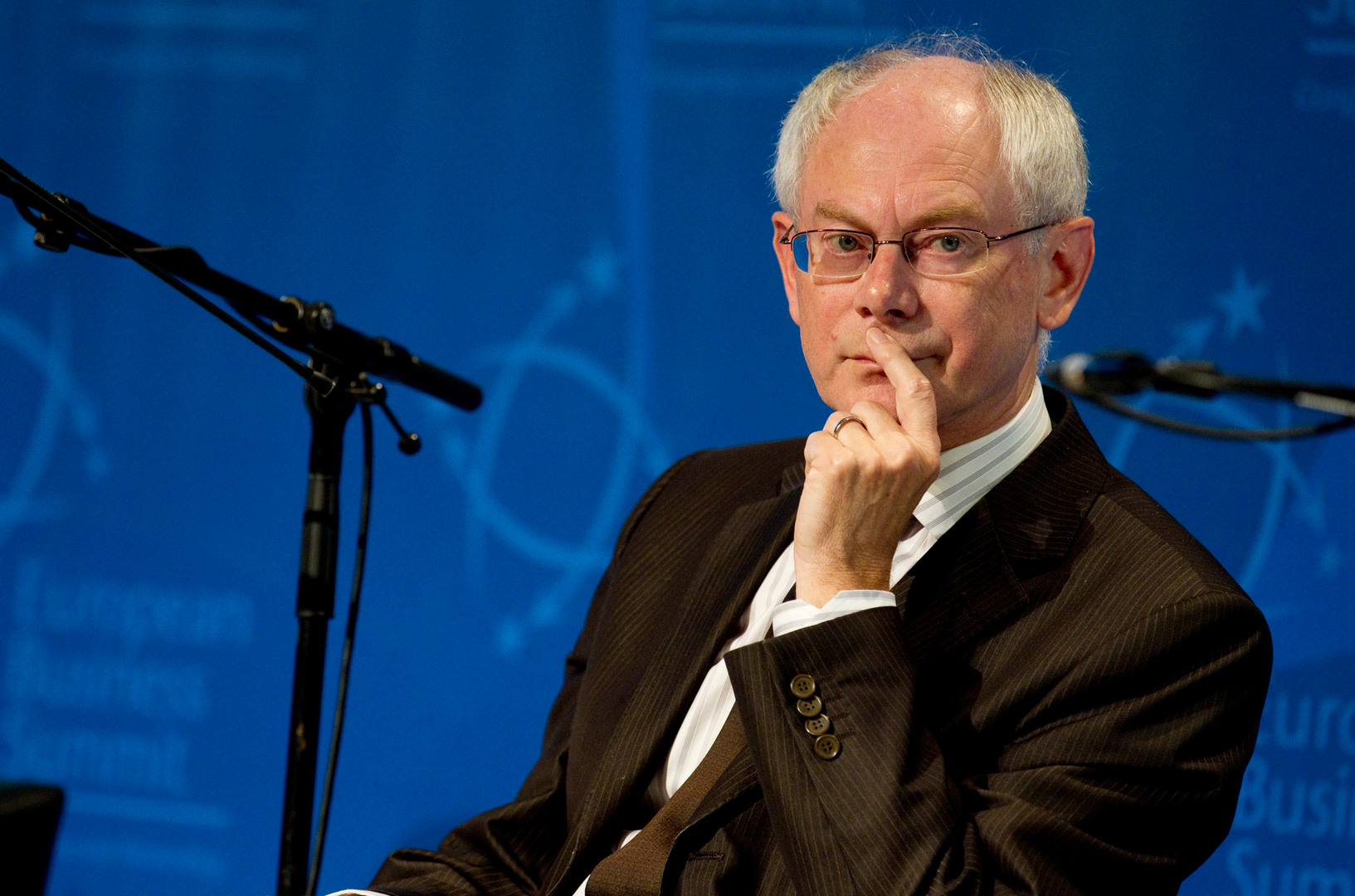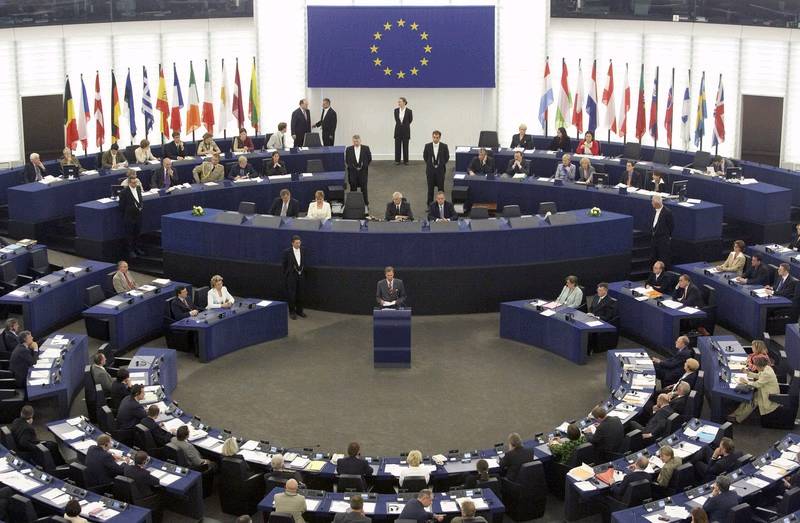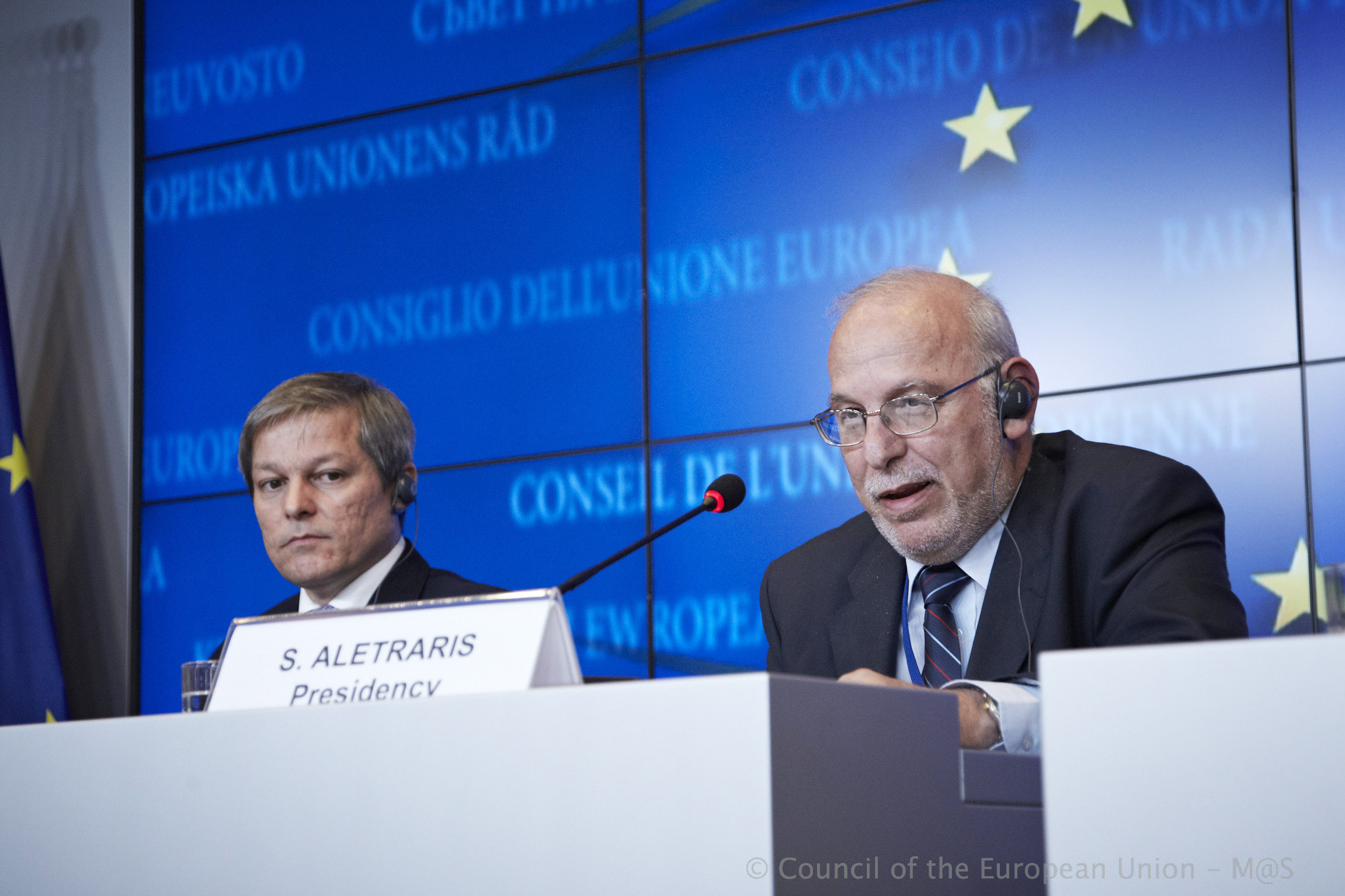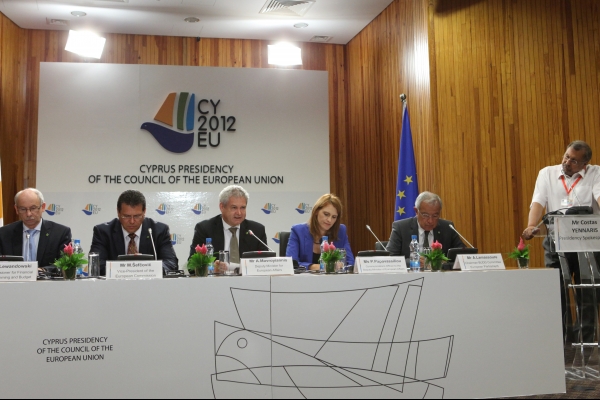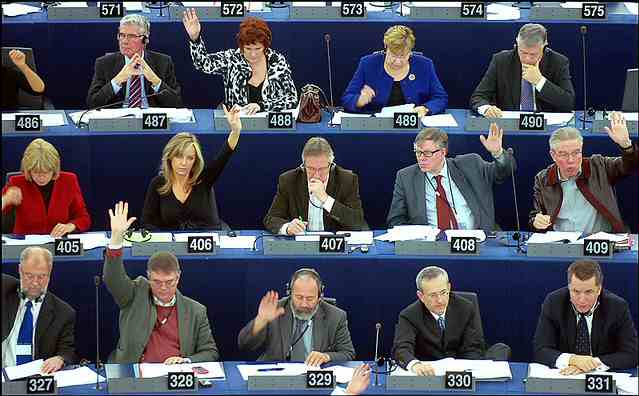The President of the European Council Herman Van Rompuy has now tabled his proposal for expenditure and financing in the EU’s MFF for the 2014-2020 period for discussion. The document will be tabled at the next General Affairs Council scheduled for 20 November. It is then not clear if Van Rompuy will have time to rework the numbers before the 22-23 November European Council which will convene solely to discuss and, if things go according to plan, agree on the Council’s view on the new MFF.
The draft starts with the last version of the MFF negotiating box developed by the Cyprus Presidency but revises the numbers, again in a downward direction.… Read the rest

